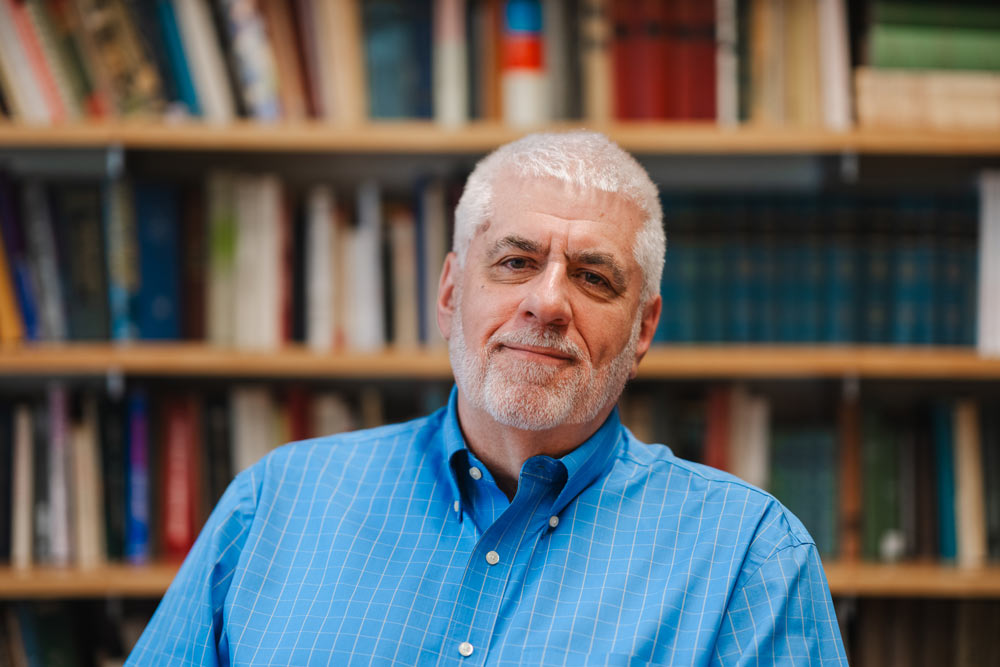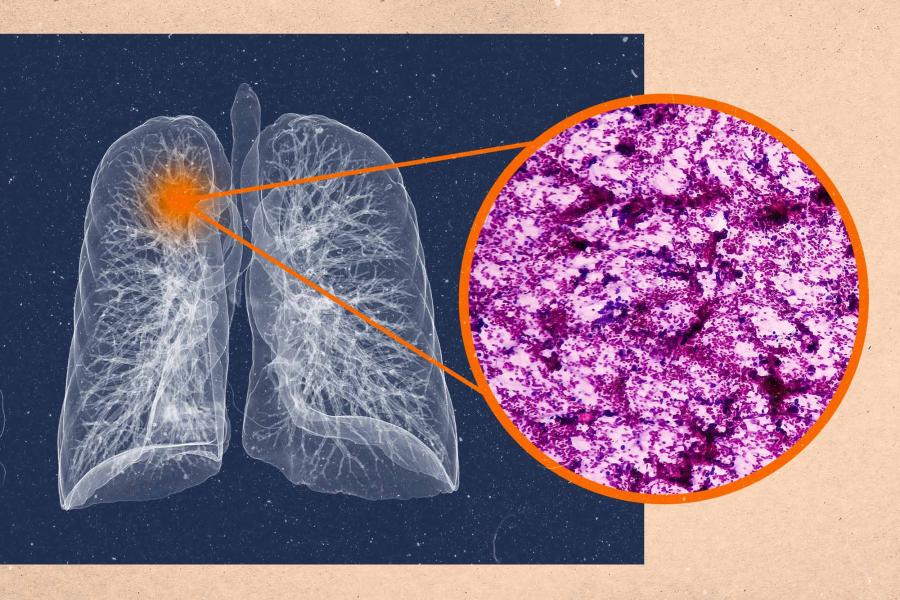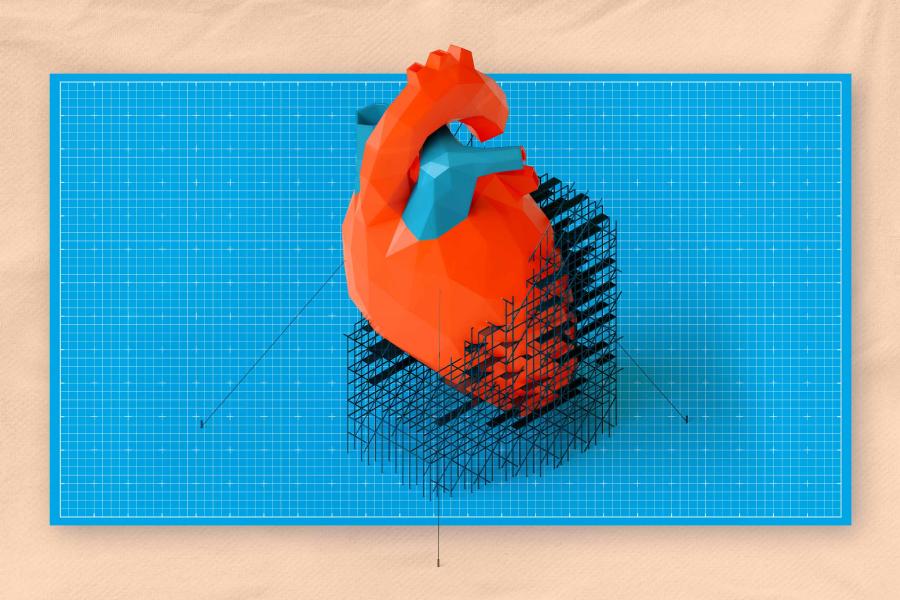Three years into the Russia-Ukraine war, Ukrainian forces recently pushed into Kursk, the site of a legendary Soviet victory during World War II, capturing Russian territory.
To better understand the implications of the incursion, UVA Today talked with Yuri Urbanovich, an associate professor emeritus on the general faculty at the University of Virginia. He has been associated with the departments of Politics and Slavic Languages and Literatures, and the School of Continuing and Professional Studies, where he is associate professor emeritus of Interdisciplinary Studies.
Q. What does Ukraine's incursion into Russia mean for the war?
A. (Ukraine President Volodymyr) Zelensky's decision has military and political goals. Militarily, it had to be done. Ukraine's military goal is to destroy military structures and make Russians transfer their troops from Donetsk, where they are steadily advancing, to offset pressure on Ukrainian forces in Donetsk, and to make Putin declare a second wave of partial mobilization, which would do serious damage to his reputation in Russia.
So far, it is not a total war. It is a "special military operation." There are two Russias - one which is fighting on the Russian-Ukrainian front and another that lives as they used to live, because only the professional army (contract soldiers and volunteers) is fighting.
Putin's idea was not to use conscripts. During the incursion, Ukrainians managed to take, as prisoners of war, conscripts who served as border guards between Russia and Ukraine.
Zelensky's political move was to boost morale for the Ukrainian army and the Ukrainian public. Reading and watching Ukrainian media sources, one can see that Zelensky's popularity was boosted and Ukrainians were proud of their leader and the armed forces. Another political goal was to make Russians feel what it is to live under regular attacks from missiles and drones, and hopefully to provoke protests and even social unrest in Russia
With Ukraine's incursion into Russia's territory, Ukraine can use the occupied territories as a bargaining chip for a territorial swap - "We will return Kursk and you should give us back Crimea and Donetsk."
Q. What does it mean for Putin to lose territory?
A. Russia for the first time since WWII was invaded by the foreign troops. It was very humiliating and damaging for Putin's reputation as a "strong man" in control of his country. In order to rebuild his credibility, he must squeeze Ukrainian troops out of Kursk region, but not to escalate too much.

Ukrainian forces can use captured Russian conscripts to help break Russian civilian morale, UVA Russia expert Yuri Urbanovich said. (Photo by Emily Faith Morgan, University Communications)
If Russia wanted to achieve fast victory, it could use carpet bombing or tactical nuclear devices, and there are some extremists in Russia who make this kind of insane suggestions. But it could have provoked a direct NATO intervention. Putin, in this context, was quite patient and has managed to move forces from other areas of Russia while transferring very few from Donetsk. He also downplayed the significance of the incursion presenting it as an adventuristic terrorist attack.
Russia has a significant air superiority, which includes attack helicopters, bombers and highly explosive glide bombs. In combination with their advantage in heavy artillery, they try to squeeze out or maybe even encircle Ukrainian forces and to do whatever they can to liberate their territory. But it will take time because there are still Russian citizens who remain in the Kursk region and indiscriminate bombing would kill Russian citizens, so they have to be very cautious.
Q. How does this play in Europe?
A. This is one of the reasons why some right-wing forces are getting more popular in Europe. Do not forget that Europe had very serious advantages in commercial trade with Russia. They got cheap natural gas and oil from Russia and actually it boosted primarily German economy. So there are certain forces in Europe who claim that Europe is shooting itself in the foot by breaking commercial relations with Russia and supporting this endless war. These forces are getting more and more vocal. Also, war fatigue is spreading in Europe.
Q. Is the unrest in Europe going to be enough to take NATO membership for the Ukraine off the table?
A. I think it will depend on the United States ultimately. It will depend on Washington's decision.
Q. How do you see this playing out in the short term?
A. Most likely there will be again a war of attrition on both sides, because Ukrainians still have enough forces. Russia's operation to squeeze out Ukrainian forces from Kursk region will continue. More Russia's vindictive strikes to be expected. The tragedy is that hundreds of thousands, primarily of young men, have lost and continue to lose their lives every day.
Q. How do you read the support for Ukraine in the American political situation?
A. People in this country are thinking "Gee, we've got to help the Ukrainians." Do not forget that we have quite influential, pro-Ukrainian lobby in the United States and Canada. The Ukrainian diaspora in the United States is comprised of approximately 1.1 million individuals who were born in Ukraine or reported Ukrainian ancestry, and in Canada, 1.3 million. Their emotional reaction to the war in Ukraine is absolutely understandable.
On the other hand, there is currently rampant Russophobia that takes sometimes dangerous and almost irrational forms. It only makes harder to achieve peace in Ukraine and plays into Russian state-controlled propaganda narrative that the West throughout centuries dreamed of conquering Russia and gaining access to its richest natural resources.
I think the U.S. administration understands that it is high time at least to try to bring both sides to the table of negotiations while it is not too late. Kyiv already reported that they tested their first ballistic missile and Moscow reported that their nuclear doctrine is being adjusted. Not very optimistic news. I believe it is time to act more constructively.
As one outstanding historian said: "History teaches nothing, but punishes for the ignorance of the lessons."









